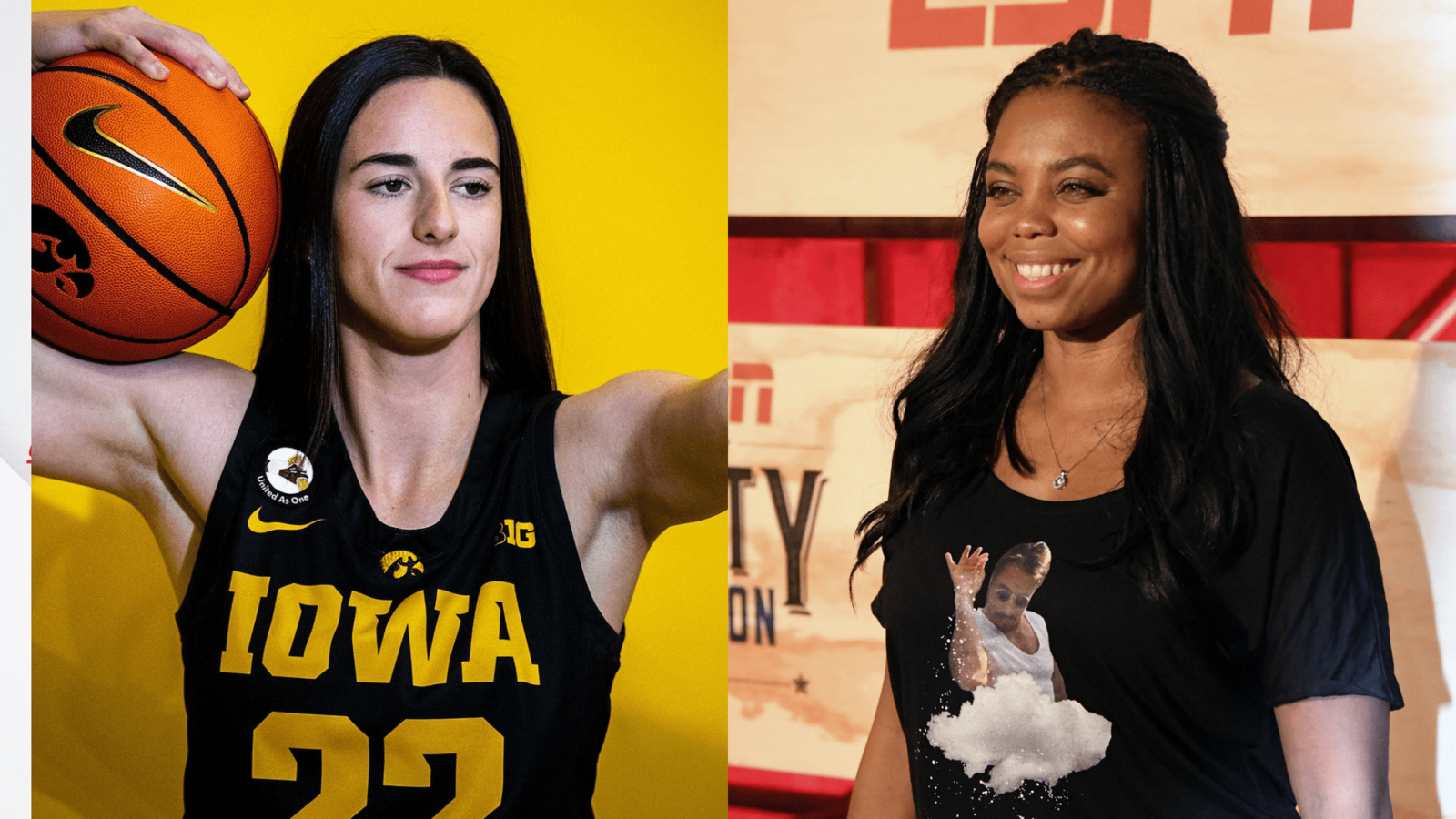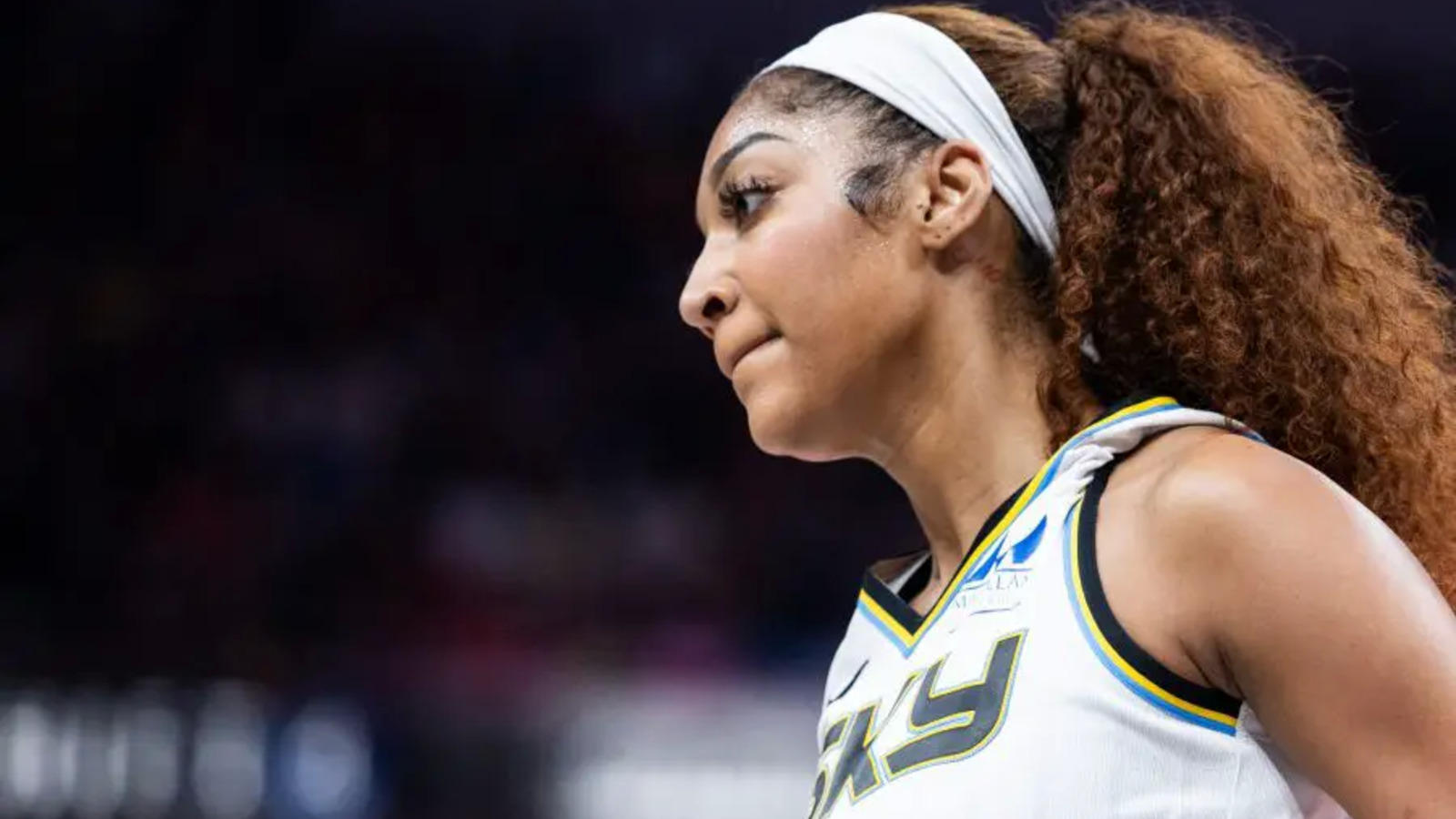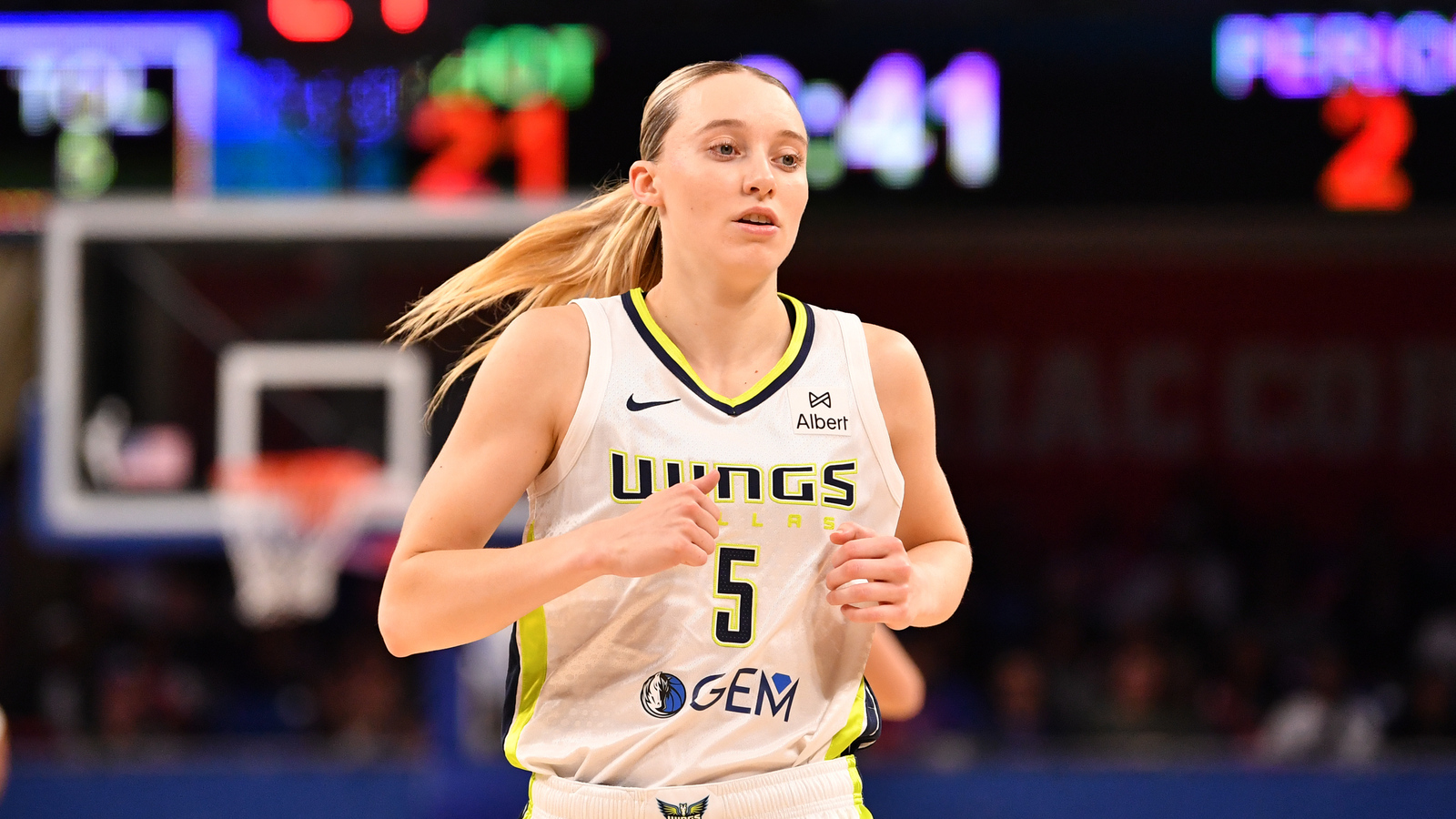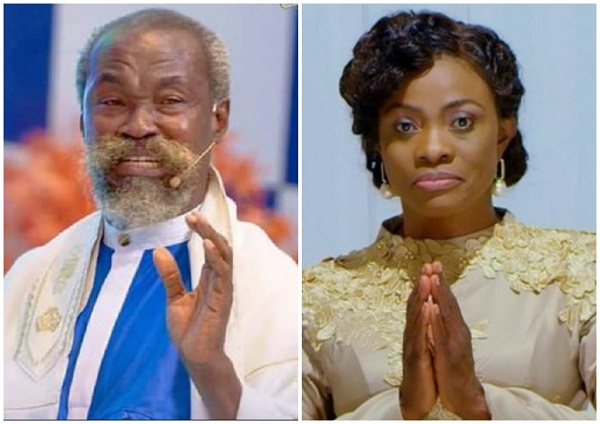Tomi Lahren Accuses WNBA of Racism Amid Caitlin Clark Discussions
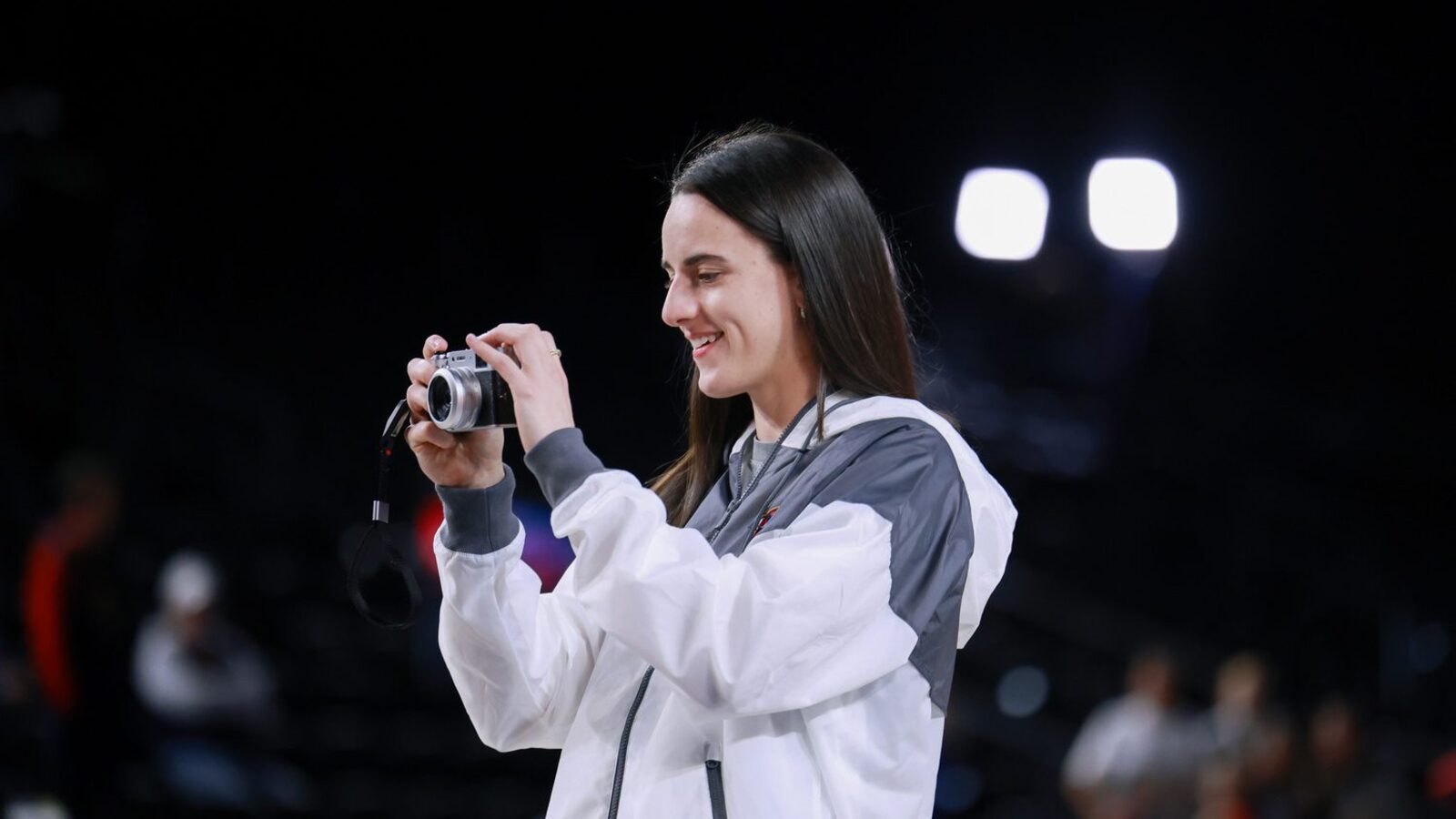
Recent discussions surrounding the Women's National Basketball Association (WNBA) have been notably contentious, particularly concerning Indiana Fever star Caitlin Clark and allegations of racism within the league. Conservative political commentator Tomi Lahren has been vocal, asserting that the WNBA exhibits racist attitudes, primarily directed towards Clark.
Lahren, in her commentary, stated, “So, I’m just going to say it: the WNBA is racist.” She cited what she described as a "laundry list of evidence," highlighting the "ongoing mistreatment of Caitlin Clark." Lahren claimed Clark has been "forced to put out apologizing for being white and, well, let’s be honest, being better than the black girls in the league.” Lahren also singled out Angel Reese as a "perpetrator of racism" following an investigation into Reese's allegations which Lahren stated found no evidence. Additionally, Lahren commented on an incident involving Brittney Griner, suggesting the WNBA should investigate Griner for allegedly saying "effing white girls."
Beyond the racism allegations, Caitlin Clark's influence on the WNBA's popularity is significant. According to one report cited in the input content, a hypothetical injury to Clark had an immediate and substantial negative impact on WNBA ticket prices and viewership numbers. Fans reportedly canceled travel plans, and the secondary ticket market saw considerable price reductions for Indiana Fever games. For instance, tickets for an Indiana matchup against the Chicago Sky purportedly dropped by 71%. Similarly, for the Fever's road game against the Mystics, ticket prices that were reportedly as high as $144 fell to $41.
The provided text highlights that Clark's games have consistently been among the most-watched in WNBA history, and her absence, even if temporary, is expected to cause a dip in viewership, underscoring her significant role in shaping the future of women’s basketball.
Countering some of these narratives, sports analyst Jemele Hill addressed the supposed rivalry between Angel Reese and Caitlin Clark. Tomi Lahren also criticized Hill, accusing her of perpetuating "false narratives and race hustling BS because they’re not ballsy enough to just admit they hate white people.” Hill, speaking on her “Spolitics” podcast, argued that Reese should not be cast as an antagonist in Clark’s story. She specifically critiqued claims, such as those attributed to Robert Griffin III, that Reese harbors personal animosity toward Clark, deeming them unsubstantiated.
Hill emphasized that Reese has openly expressed frustration over not receiving sufficient credit for her contributions to elevating women’s basketball, a sentiment Hill believes is shared by many Black athletes. Hill delved into the broader racial dynamics in sports, noting that Black players like Reese and A’ja Wilson often encounter greater scrutiny and fewer marketing opportunities compared to their white counterparts. She referenced acknowledgments reportedly made by Clark, Paige Bueckers, and Kelsey Plum about the privilege they benefit from as white athletes.
Jemele Hill concluded that Angel Reese’s unapologetic personality and confidence make her a target for criticism, despite her significant contributions to the game. Hill urged sports fans to recognize potential double standards applied to Black athletes and to appreciate Reese's impact without fostering divisive narratives, emphasizing that the focus should remain on the growth of women’s basketball rather than on creating villains.
These differing viewpoints and strong accusations illustrate the complex and often charged discourse surrounding the WNBA, its star players like Caitlin Clark and Angel Reese, and the broader issues of race, media representation, and league development in women's professional basketball.
